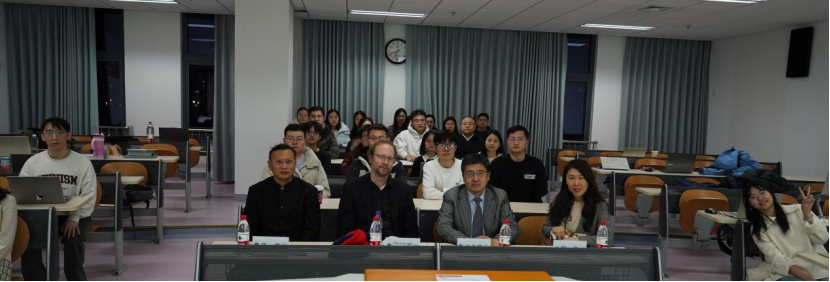On November 26, 2024, the School of Juris Master successfully hosted an expert forum Series on the topic “The Application of Anti-Suit Injunctions in Standard-Essential Patent Cases in Europe and the U.S.” The event took place in Room 502 of the main teaching buliding at the Haidian Campus. The keynote speaker was Professor Christoph Rademacher from Waseda University, Japan. Professor Shenjian Xu, Dean of the School of Juris Master, delivered opening remarks, while Professor Jian Chen, Deputy Director of the Intellectual Property Law Institute of the School of Civil, Commercial, and Economic Law, served as the discussant. The forum was moderated by Professor Qian Tao, Director of the Private Law Institute of the School of Juris Master.
At the beginning of the forum, Professor Qian Tao introduced the attending guests and extended a warm welcome on behalf of the school.
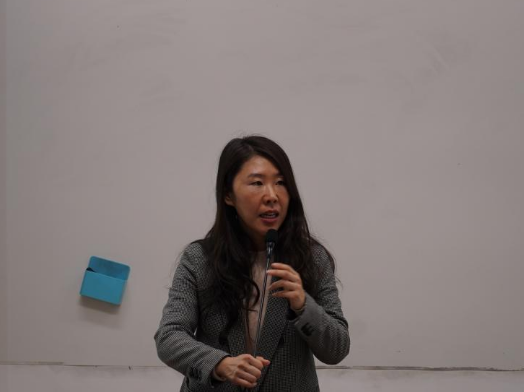
Dean Professor Shenjian Xu delivered the opening speech, expressing heartfelt appreciation for Professor Rademacher’s lecture. He highlighted the complexity and professionalism of the intellectual property issues discussed in the lecture, which intertwine judicial, legislative, and litigation practices. Professor Shenjian Xu encouraged students not only to study legal texts but also to gain a deeper understanding of judicial practices and real-world case rulings. He concluded by thanking Professor Rademacher again and wishing the students an enriching learning experience. The lecture then formally commenced.
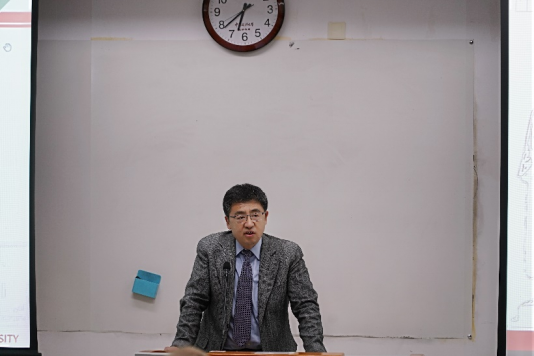
Professor Christoph Rademacher began by introducing the historical development of injunctive relief under U.S. law, focusing on a landmark case concerning the issuance of permanent injunctions in patent infringement cases—eBay Inc. v. MercExchange, L.L.C. (2006). In this case, the U.S. Supreme Court ruled that the issuance of permanent injunctions should not be automatic but should be determined by four equitable factors: (1) whether the plaintiff has suffered irreparable harm; (2) whether remedies available at law are inadequate; (3) whether the balance of hardships favors the plaintiff; and (4) whether the public interest would be disserved by granting the injunction. Professor Rademacher also elaborated on the two forms of injunctive relief available under U.S. law.
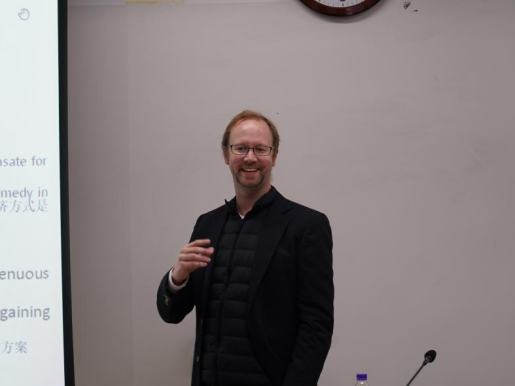
He then transitioned to German law, explaining the relevant concepts and evolution of injunctive relief. Using a Mercedes-Benz automobile as an example, he discussed the Heat Exchanger case, a significant ruling by the German Federal Court of Justice in 2016. He highlighted how German courts consider different factors compared to their U.S. counterparts, such as whether the infringing product is a critical component of a complex system, the availability of licensing alternatives, the remaining patent protection period, the impact on the infringer’s business, and the degree of fault in the infringement.
Professor Rademacher further elaborated on the development of Standard-Essential Patents (SEPs) in jurisdictions such as the U.S., Germany, the EU, China, and Japan, and discussed the global approach adopted by UK courts and corresponding solutions in various countries. He introduced the famous Huawei v. ZTE case and its “five-step-three-reservations” framework for determining FRAND compliance. He emphasized that German courts remain a preferred venue for SEP holders and noted that the U.S. and German approaches are often considered part of the same "contractual obligation framework."
In his commentary, Professor Jian Chen shared his perspectives on the topic and discussed the current practices of cross-border patent injunctions. He also offered suggestions for measures to address potential infringement avoidance scenarios.
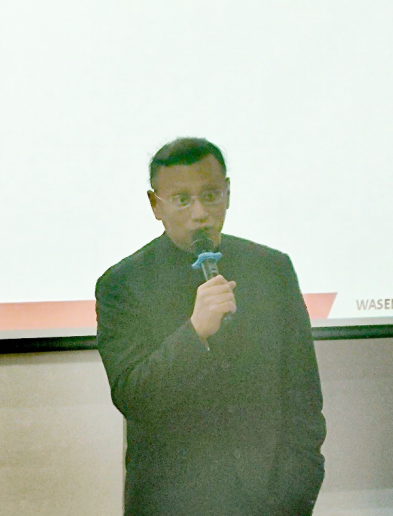
During the interactive session, students actively posed questions, which Professor Rademacher answered in detail.
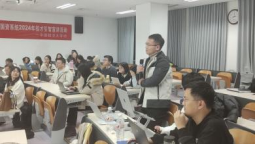
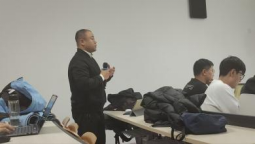
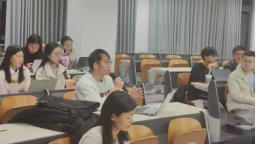
In her concluding remarks, Professor Qian Tao emphasized the importance of closely monitoring the application of anti-suit injunctions, anti-anti-suit injunctions, and anti-anti-anti-suit injunctions in intellectual property parallel litigation. She encouraged participants to pay attention to differences in approaches to SEP global licensing rates and injunctions among courts in the UK, Germany, and the EU Unified Patent Court (UPC), as well as to track the latest rulings in emerging markets such as India and Brazil.
The forum concluded successfully with warm applause.
